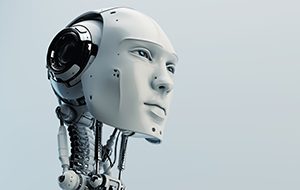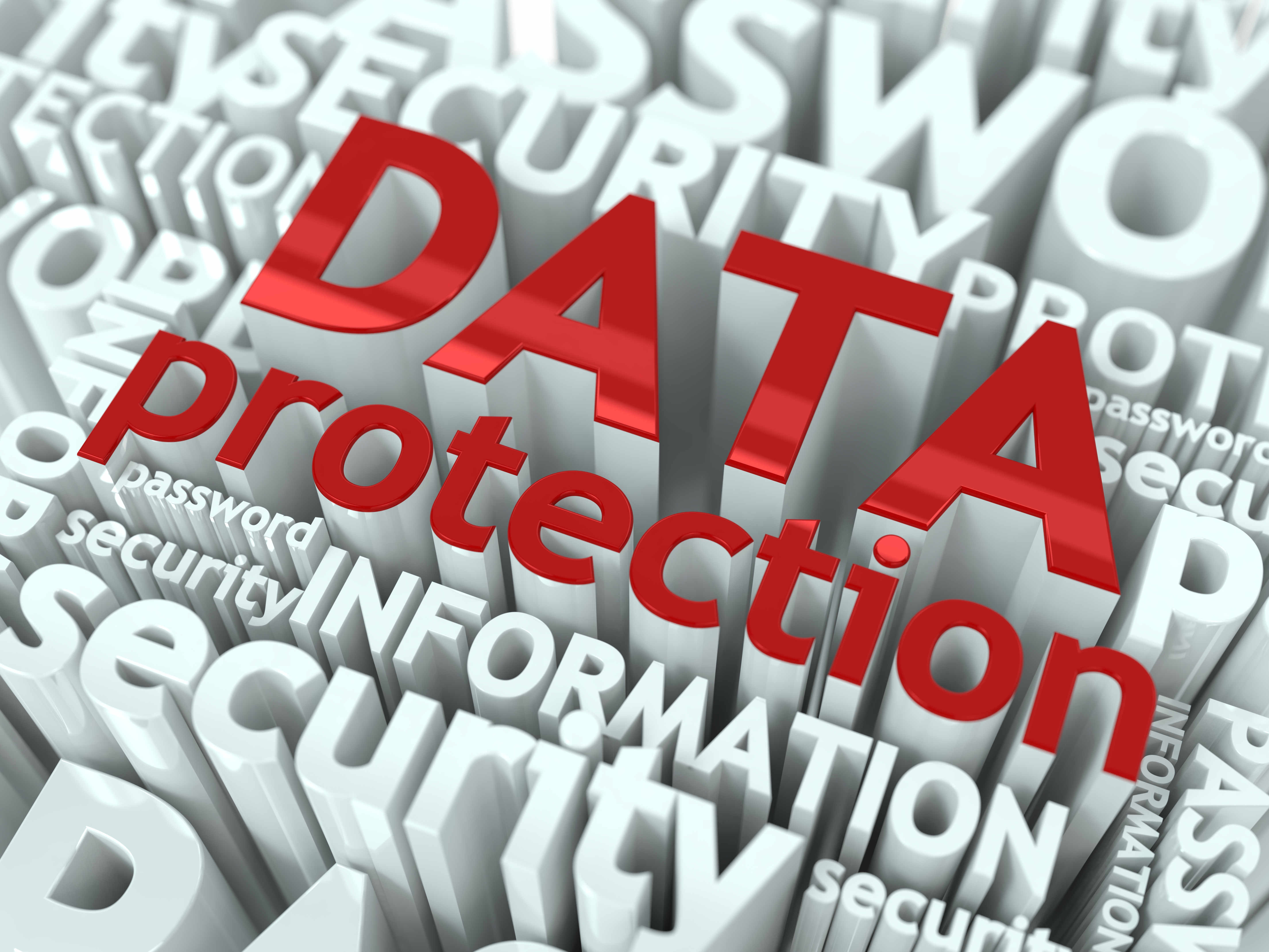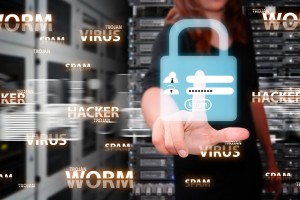Internet of Things
The term Internet of Things (IoT) indicates the interconnection of virtually any entity of the physical world, ranging from home or industrial appliances such as fridges, washing machines, assembly line manufacturing to wearable accessories such as watches, sensors, or medical devices. The revolutionary aspect is that an IoT bridges the physical world to the digital […]


